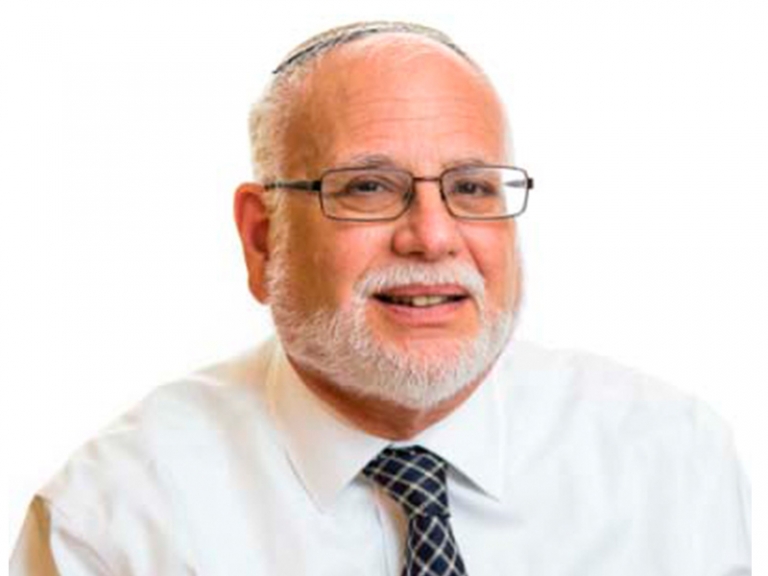D'var Torah by Dr. Kalman Stein, Head of School

Dear Hebrew Academy Community:
Parashat Vayigash begins with a continuation of the conversation between Yehuda and Yosef after Yosef’s chalice had been found in Binyamin’s saddlebag. Yehuda approaches Yosef and as he begins his argument says, “Let not your anger flare up at your servant.” Rashi, reacting to the question of why Yehuda thought that Yosef would be angry—after all, the conversation had already been going on for a while—remarks, מכאן אתה למד שדיבר אליו קשות—this teaches us that Yehuda now began speaking to him harshly, that he didn’t speak to him in a manner in which one would normally speak to a powerful king. Yehuda, as we would put it, pulled no punches; he spoke forcefully and forthrightly with none of the deference that one would expect.
This doesn’t seem to make any sense. Just two Pesukim earlier, near the very end of Miketz, we hear Yehuda saying,
מה נאמר לאדני, מה נדבר, ומה נצטדק
What can we say to my lord? How can we speak? How can we justify ourselves? What a difference in tone! These are the deferential words of a supplicant, of a meek subject petitioning a monarch for mercy. In fact, these exact words have been incorporated into our liturgy for when we come before God and ask that He mercifully forgive our sins. Hardly the harsh words and tone Rashi sees in the first verse of Vayigash. What had happened in the two or three minutes between meek supplication and a harsh, uncompromising approach?
What had happened was the last sentence of Miketz, the sentence between the two mentioned above. In that sentence Yosef informed Yehuda and his brothers that he had no intention of punishing or enslaving all of the brothers, that Binyamin alone would be singled out for his wrath.
When Yehuda thought that he was appealing to Yosef on behalf of the entire family who had gotten themselves into trouble, he spoke calmly, quietly, placatingly, begging the viceroy of Egypt for mercy. But as soon as he realized that Binyamin, and Binyamin alone, was in danger, something new kicked in: Responsibility. Yaakov had been very, very reluctant to allow Binyamin to accompany his brothers to Egypt and had relented only when Yehuda made it clear that he was taking responsibility for Binyamin’s safety and safe return. It was this overwhelming sense of responsibility which emboldened Yehuda to step right up to the throne, to ignore conventional palace etiquette, and to state his case in the most definitive manner.
Helping children develop a sense of responsibility for themselves and others, of course, is what all of us should be doing as parents and educators. But, as I mentioned earlier this week in the context of the soldiers from Belev Echad, one of our most important goals at Hebrew Academy and in the homes of our families is to help our children develop a keen sense of responsibility for Medinat Yisrael and for all of Klal Yisrael. When we advocate for, contribute to, fight for those for whom we feel responsible there is no room for deference or meekness or a fear of making waves.
Shabbat Shalom,
Dr. Kalman Stein
Head of School
kstein@rasg.org

